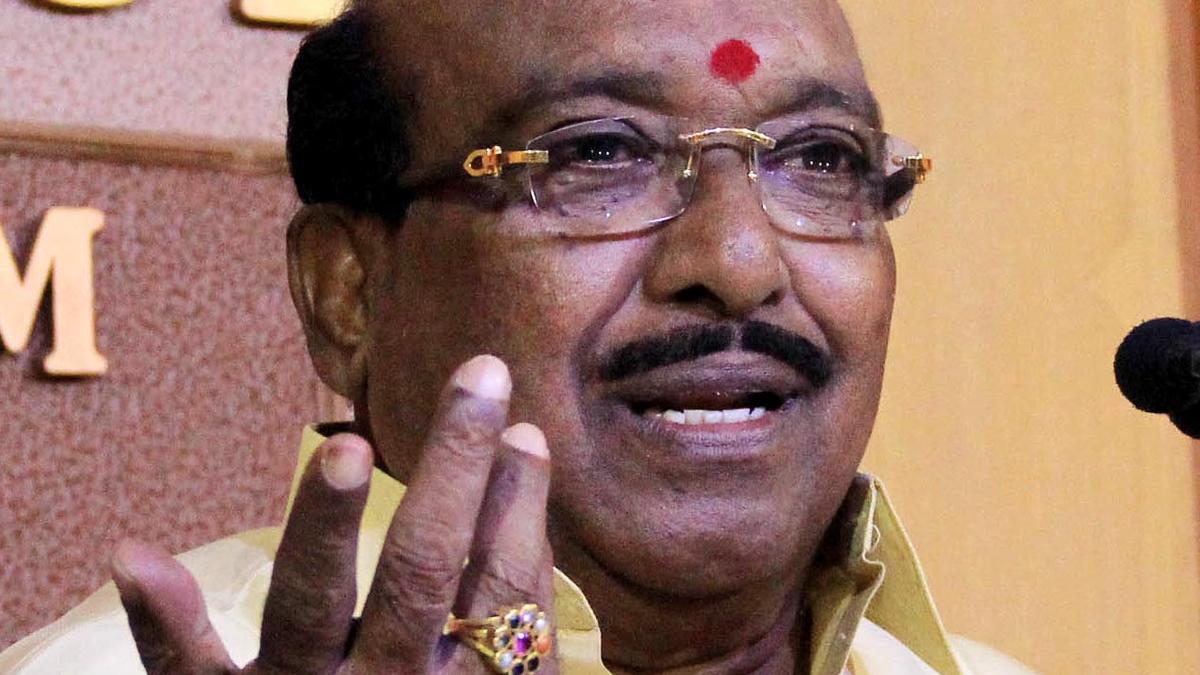ARTICLE AD BOX
The National Medical Commission (NMC) has released interim guidelines for the admission of students with disability, focussing on “functional competency” instead of their disability percentage.
The interim guidelines, meant only for the 2025-26 batch of MBBS students, were released by the apex medical education regulator just ahead of the counselling process set to begin on Monday.
The new set of guidelines adds one step in the process for the students with disability — they will now have to submit a self-certified affidavit on the activities they can and cannot perform.
This is in addition to the government’s Unique Disability ID that mentions the extent of a student’s disability and undergoing a certification by one of the 16 designated medical boards in the country. (The government was earlier asked by the courts to increase the number of these medical boards to ensure that students with disabilities do not have to travel far, sometimes out of their states, to get the certificate.)
“The previously mandated arithmetic threshold shall no longer be applicable. Instead, emphasis will be placed on assessing a candidate’s functional ability to meet the academic and clinical demands of the MBBS course,” the document said.
For this newly added process, the students with disability will have to submit two self-declaration certificates — one which states the type of disability the student has and whether they can communicate clearly, hear in quiet and noisy environments, write and hold instruments with their dominant hand, comprehend medical terminologies and maintain social interaction, and whether they can perform all tasks with the help of low vision aid and their vision improves to qualify for less than 40% disability with it.
The second affidavit is disability specific and asks the students to answer a bunch of questions. For people with hearing impairment, the questions include whether they can communicate effectively with a hearing aid or cochlear implant, engage in a conversation in quiet and noisy environments, understand and respond to verbal instructions, and have conversations on the phone. For those with disability in their hand, the students are asked whether they can lift objects over their head and place it back, whether they can touch the tip of the nose with the tip of the hand, whether they can eat by themselves, groom and comb by themselves, put on their own clothes, button-unbutton or zip-unzip, clean themselves after going to the toilet, drink water holding a glass, and hold a pen or pencil and write.
Story continues below this ad
For disability of the legs, students are asked whether they can bear weight and stand on both their legs, bear weight and stand on the affected leg, walk on plain surfaces, sit on a chair by themselves, climb up or go down the stairs on their own, and turn to their left and right.
For students with mental illnesses, speech disorders, or learning disorders, the questionnaire asks whether they can communicate clearly and empathetically with people, listen and respond to speech in quiet and noisy environments, follow instructions and comprehend required medical terminologies, understand and respond to verbal instructions. For visual impairment, students have to answer whether their vision can be corrected with an aid to less than 40%, the field of vision is more than 40 degrees with the aid, and the aid is hands-free and suitable for daily use.
The document says: “If the candidate while self-declaring the essential competencies mentions one or more competencies in negative or is not able to demonstrate one or more of the listed essential competencies, the board shall see if he/she is able to compensate such deficits, by other alternative functionalities; and may take a holistic view regarding his capability to pursue MBBS course.”
‘Bureaucratic arrogance’
Dr Satendra Singh from the Doctors With Disabilities, who himself had polio and uses crutches to aid his affected leg, criticised the NMC guidelines.
Story continues below this ad
“These guidelines essentially imply that a wheelchair-bound person can never become a doctor. How is climbing up a staircase a necessity for a doctor? How does it matter if a person drinks their water using a straw instead of picking up the tumbler? Instead, shouldn’t we be ensuring that hospitals have elevators to accommodate people with disabilities?” Dr Singh asked.
“If we take the example of the UK, the medical colleges are urged to work with students with disabilities and ensure that reasonable accommodations are made so that they can study and thrive,” he pointed out.
These new guidelines have been under development for some time. In fact, a draft developed in 2023 was never finalised after it came under a lot of criticism for including some extremely restrictive guidelines such as not allowing wheelchair-bound persons or those using two crutches to study medicine. It also had some progressive outlook such as suggesting that anyone who can complete all course requirements should be allowed to study medicine despite any mental illness.
“Recycling the same committee members whose previous ableist policies were struck down by the apex court reeks of bureaucratic arrogance. Worse, it reflects an entrenched unwillingness to engage with the persons with disabilities through a rights-based, inclusive lens,” says Dr Singh.



.png)
.png)
.png)

























 English (US) ·
English (US) ·